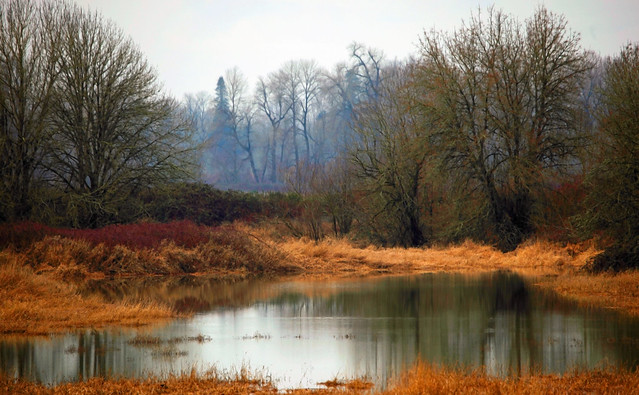The meeting of Anglican Primates, the senior bishops of the 38 Anglican Provinces, joined by the Archbishop of the Anglican Church of North America, took place in Canterbury between Monday 11 January and Friday 15 January at the invitation of Justin Welby, the Archbishop of Canterbury. The first morning was spent in prayer and fasting.
We came knowing that the 2016 Primates’ meeting would be concerned with the differences among us in regard to our teaching on matters of human sexuality. We were also eager to address wider areas of concern.
The meeting started by agreeing the agenda. The first agreed item was to discuss an important point of contention among Anglicans worldwide: the recent change to the doctrine of marriage by The Episcopal Church in the USA.
Over the past week the unanimous decision of the Primates was to walk together, however painful this is, and despite our differences, as a deep expression of our unity in the body of Christ. We looked at what that meant in practical terms.
We received the recommendation of a working group of our members which took up the task of how our Anglican Communion of Churches might walk together and our unity be strengthened. Their work, consistent with previous statements of the Primates’ meetings
, addressed what consequences follow for The Episcopal Church in relation to the Anglican Communion following its recent change of marriage doctrine. The recommendations in paragraphs 7 and 8 of the Addendum A below are:
“It is our unanimous desire to walk together. However given the seriousness of these matters we formally acknowledge this distance by requiring that for a period of three years The Episcopal Church no longer represent us on ecumenical and interfaith bodies, should not be appointed or elected to an internal standing committee and that while participating in the internal bodies of the Anglican Communion, they will not take part in decision making on any issues pertaining to doctrine or polity.
“We have asked the Archbishop of Canterbury to appoint a Task Group to maintain conversation among ourselves with the intention of restoration of relationship, the rebuilding of mutual trust, healing the legacy of hurt, recognising the extent of our commonality and exploring our deep differences, ensuring they are held between us in the love and grace of Christ.”
These recommendations were adopted by the majority of the Primates present.
We will develop this process so that it can also be applied when any unilateral decisions on matters of doctrine and polity are taken that threaten our unity.
The Primates condemned homophobic prejudice and violence and resolved to work together to offer pastoral care and loving service irrespective of sexual orientation. This conviction arises out of our discipleship of Jesus Christ. The Primates reaffirmed their rejection of criminal sanctions against same-sex attracted people.
The Primates recognise that the Christian church and within it the Anglican Communion have often acted in a way towards people on the basis of their sexual orientation that has caused deep hurt. Where this has happened they express their profound sorrow and affirm again that God's love for every human being is the same, regardless of their sexuality, and that the church should never by its actions give any other impression.
We affirmed the consultation that had taken place in preparation for the meeting by Archbishop Welby and commended his approach for future events within the Communion.
The consideration of the required application for admission to membership of the Communion of the Anglican Church of North America was recognised as properly belonging to the Anglican Consultative Council. The Primates recognise that such an application, were it to come forward, would raise significant questions of polity and jurisdiction.
In the wake of the climate change conference in Paris last month, the meeting heard about a petition of almost two million signatures co-coordinated by the Anglican Environment Network. Reports were made about moves to divest from fossil fuels, the expansion of the African Deserts and the struggle for survival of the peoples of the Pacific as island life is threatened in many places by the rise of sea levels.
The meeting discussed the reality of religiously motivated violence and its impact on people and communities throughout the world. Primates living in places where such violence is a daily reality spoke movingly and passionately about their circumstances and the effect on their members. The Archbishop of Canterbury himself has taken important initiatives in bringing people together from a range of faith communities globally for discussion and mutual accountability. The Anglican Primates repudiated any religiously motivated violence and expressed solidarity with all who suffer from this evil in the world today...
the rest







